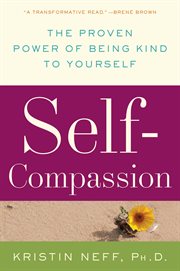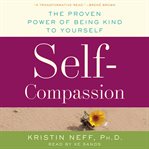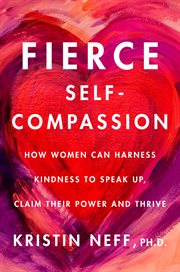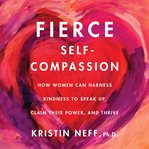Self-compassion Stop beating yourself up and leave insecurity behind
eBook - 2011
Kristin Neff, Ph.D., says that it's time to "stop beating yourself up and leave insecurity behind." Self-Compassion: Stop Beating Yourself Up and Leave Insecurity Behind offers expert advice on how to limit self-criticism and offset its negative effects, enabling you to achieve your highest potential and a more contented, fulfilled life. More and more, psychologists are turning away from an emphasis on self-esteem and moving toward self-compassion in the treatment of their patients-and Dr. Neff's extraordinary book offers exercises and action plans for dealing with every emotionally debilitating struggle, be it parenting, weight loss, or any of the numerous trials of everyday living.
- Subjects
- Published
-
[United States] :
Harper Collins Publishers
2011.
- Language
- English
- Corporate Author
- Main Author
- Corporate Author
- Online Access
- Instantly available on hoopla.
Cover image - Physical Description
- 1 online resource
- Format
- Mode of access: World Wide Web.
- ISBN
- 9780062079176
- Access
- AVAILABLE FOR USE ONLY BY IOWA CITY AND RESIDENTS OF THE CONTRACTING GOVERNMENTS OF JOHNSON COUNTY, UNIVERSITY HEIGHTS, HILLS, AND LONE TREE (IA).




